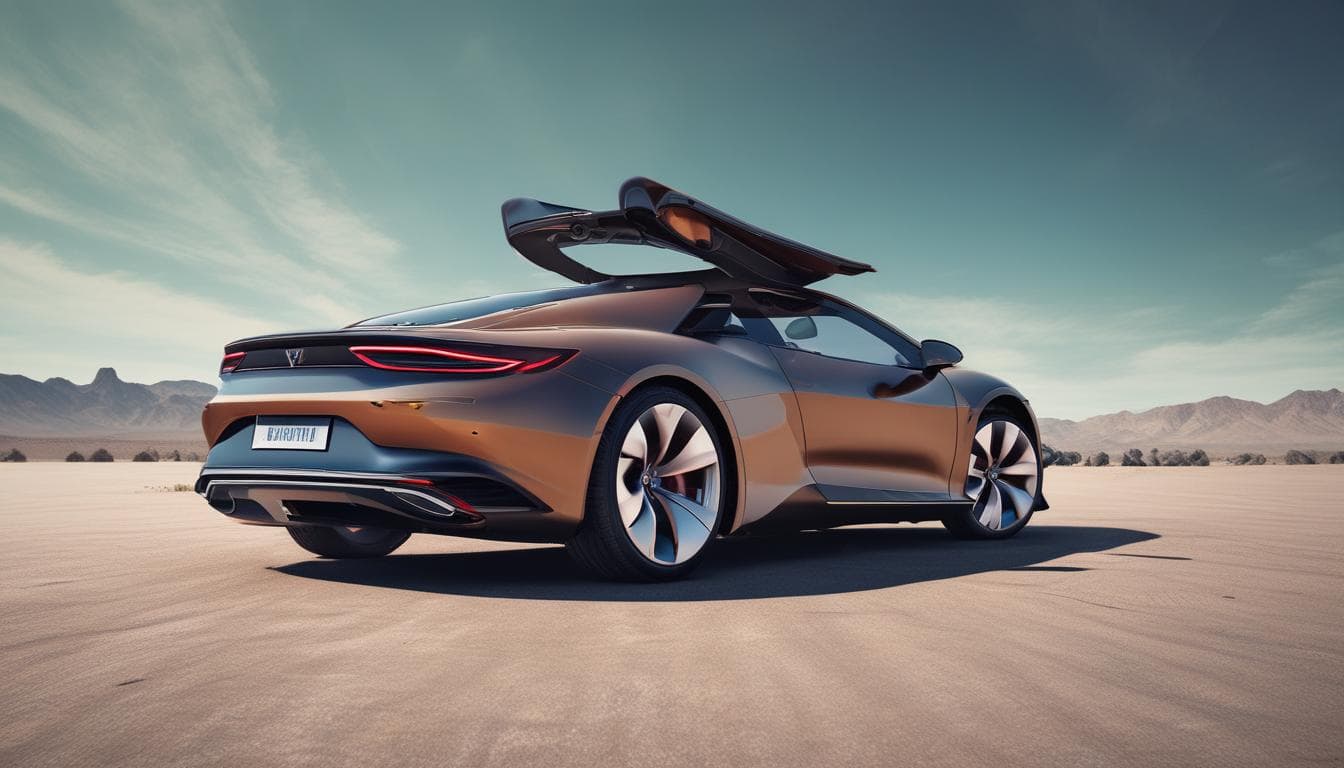Imagine a future where cars are equipped with advanced bio-sensors and AI that allow them to 'understand' and interact with the natural world around them. Beyond just avoiding obstacles, what if your car could detect subtle changes in air quality, identify local wildlife, or even contribute data to ecological preservation efforts? How might this 'ecological consciousness' transform our driving experience, car design, and our relationship with both nature and our vehicles?
What an incredibly thought-provoking concept! The idea of vehicles possessing an 'ecological consciousness' truly expands our understanding of what a car can be. It moves beyond mere transportation and into a realm of active environmental stewardship.
Transforming the Driving Experience
Imagine every journey becoming an opportunity for environmental engagement. Your car wouldn't just navigate roads; it would provide real-time insights into the health of the surrounding ecosystem. Picture a dashboard displaying localized air quality maps, identifying bird species you pass by, or even alerting you to sensitive plant life nearby. This could fundamentally alter our driving habits, encouraging more mindful and less impactful travel. For instance, a vehicle might suggest a slightly longer route to avoid a nesting area or automatically switch to a quieter, electric-only mode when traversing a nature reserve. This level of environmental awareness, powered by sophisticated AI, could redefine our interaction with the world outside our windows, turning mundane commutes into educational and ecologically aware experiences. It’s a natural evolution of how AI is reshaping the automotive landscape from design to the driving experience itself.
Impact on Car Design and Our Relationship with Vehicles
Car design would need to evolve significantly. Beyond the sleek aesthetics and performance metrics, engineers would focus on integrating a new suite of environmental sensors – from advanced atmospheric monitoring devices to sophisticated bio-acoustic detectors and even microscopic particulate matter sensors. The very materials used could be chosen not just for safety or efficiency, but for their minimal environmental footprint, perhaps even incorporating self-cleaning or air-purifying properties.
Our relationship with our vehicles would deepen considerably. Instead of just a machine that takes us from A to B, our car becomes a partner in environmental observation and protection. It transforms into a mobile data collection unit, silently contributing to vital ecological research by sharing anonymized data on air quality, biodiversity, or even micro-climate changes. This collaborative aspect, where vehicles become part of a larger interconnected network, truly highlights the potential of EVs and IoT converging to transform the automotive landscape. It fosters a sense of shared responsibility, making us feel more connected to the natural world through the very technology we use to navigate it.
Further Considerations
Of course, this vision also brings up important discussions around data privacy (who owns this ecological data?), the potential for 'environmental surveillance,' and the ethical guidelines for how a car's 'consciousness' might influence our choices. Nevertheless, the potential for vehicles to become active participants in ecological preservation is a truly exciting frontier for the automotive industry.
探索更多相关内容
加入讨论
- 汽车智能情感交互:畅想未来驾驶体验
探讨汽车如何根据驾驶员的情绪调整驾驶体验,包括音乐、灯光和驾驶模式,分析其潜在的益处和风险,以及用户最期待的功能和担忧。
- 未来十年,汽车会成为“超级移动终端”吗?
探讨未来十年汽车是否会演变成“超级移动终端”,以及它如何重新定义人车关系、交通出行、娱乐方式、日常生活,并分析可能带来的新商业模式和社会挑战。
- 未来十年,汽车会成为“车轮上的情感伴侣”吗?
探讨未来汽车如何超越交通工具的角色,通过学习驾驶习惯、音乐偏好和情绪状态,提供个性化的驾驶体验,并以此建立更深层次的情感连接。





